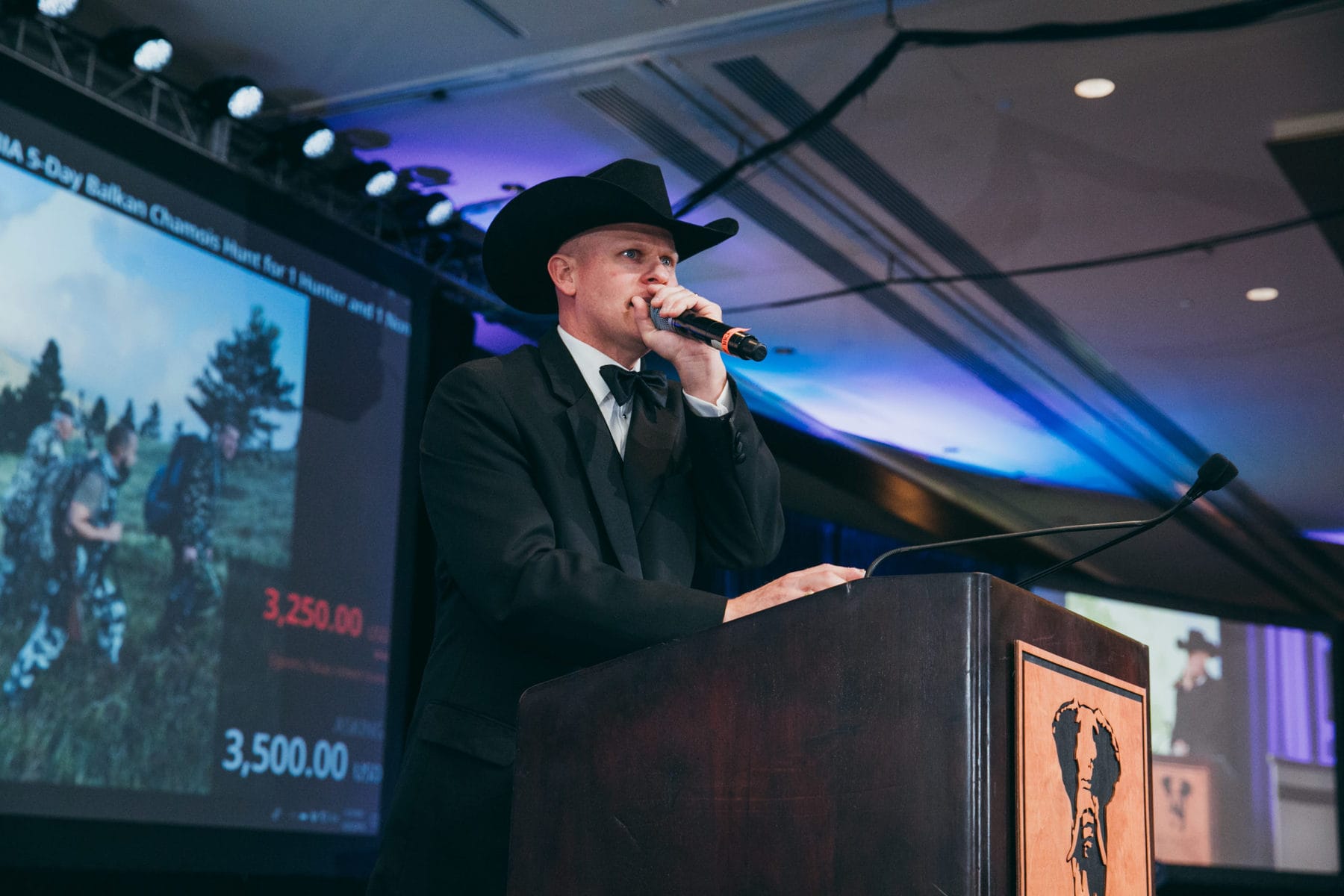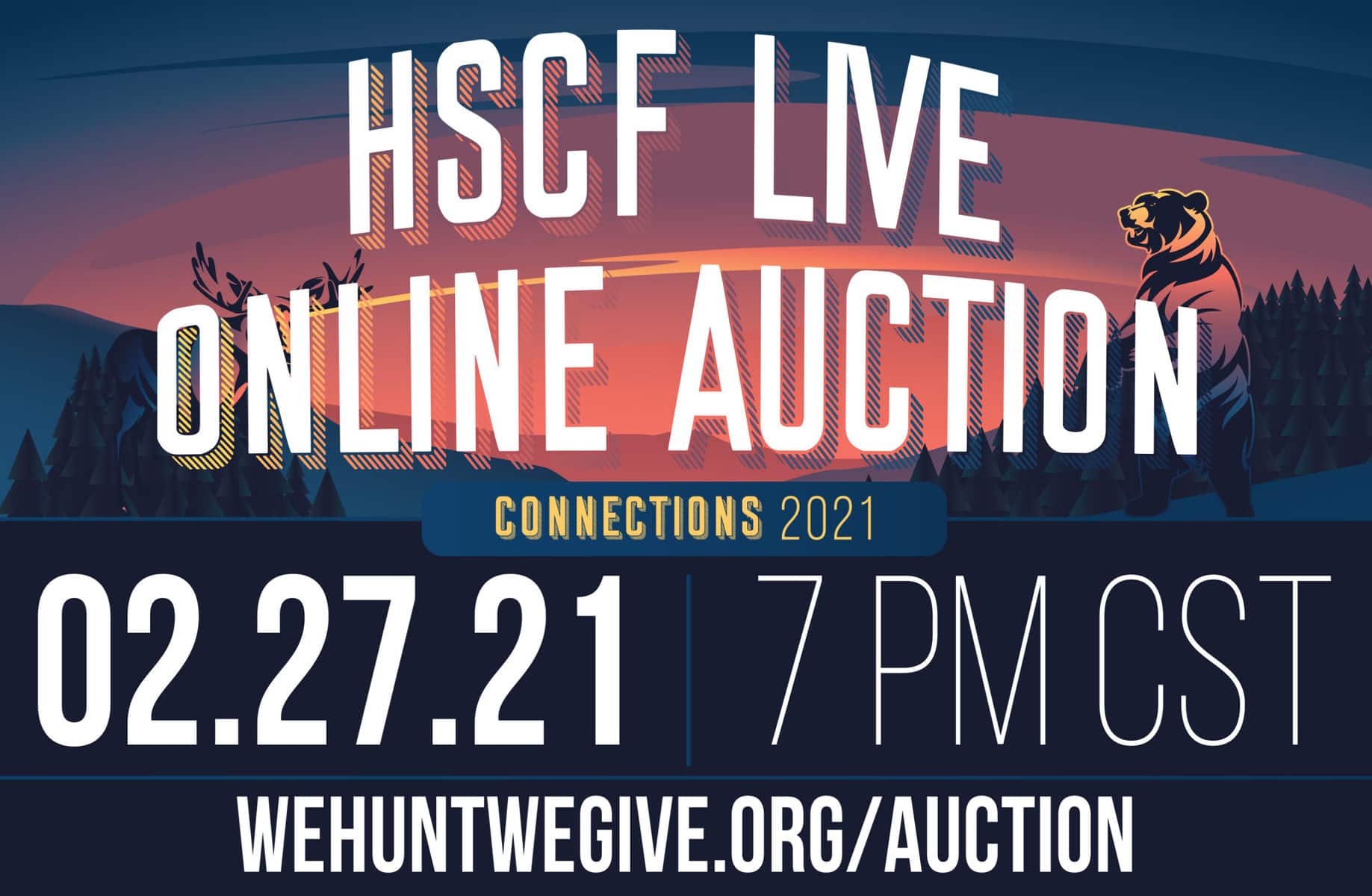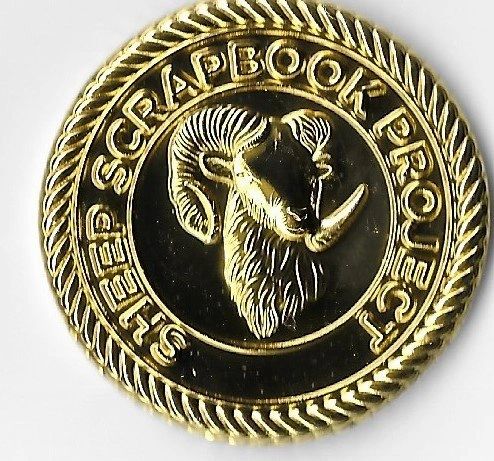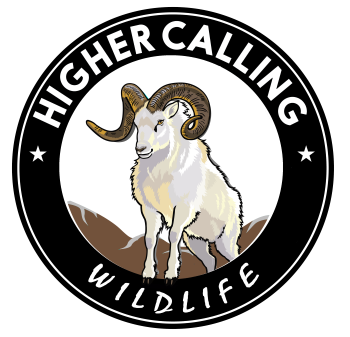
Texas HB 2213 – Relating to the slaughter and processing of exotic animals for donation to a nonprofit food bank
Texas Representative John Frullo (R-District 84) introduced legislation (H.B. No. 2213) to allow for the donation of exotic animals to nonprofit food banks. Hunters donate thousands of pounds of white-tailed deer meat to nonprofits each year, to be used as a protein source for food banks, which feed thousands of people. The donation of exotic animals (Axis deer for example) is not currently allowed in the state of Texas. The amount of donated meat would greatly increase if the donation of exotics would be allowed. Please ask your Texas Representatives and Senators to co-sponsor this bill and to vote in favor of passage. HSC provided testimony in favor of the bill before the House Public Health Committee on 03/24/21. Learn more HERE
Texas HB 2757 – Relating to the eligibility of certain nonprofit wildlife conservation associations to conduct charitable raffles
Texas Representative John P. Cyrier (R-District 17) introduced legislation to update the law to allow nonprofits to conduct one (1) raffle per month vs. the current restriction of two (2) per year and to increase value of a prize offered or awarded at a raffle that is purchased by the organization or for which the organization provides from $50,000 to $75,000. HSC had requested the bill markup include provisions to allow nonprofits the ability to sell raffle tickets beyond an organization’s previously identified supporters, market a raffle statewide to the general public via mass communication and sell raffle tickets online. HSC is currently evaluating options to introduce the desired language via a Senate companion bill. Learn more HERE
Increased Land Access
HSC was part of an effort to petition Candace Vahlsing, Program Associate Director for Natural Resources, Office of Management & Budget to include budget provision to improve public land access. This effort would include the standardization, digitization and to make publicly available Geographic Information System (GIS) layers for boundaries of areas where hunting or recreational shooting is regulated or closed; the dates on which roads and trails on the federal lands are seasonally open or closed, and the types of vehicles that are allowed on each segment of the roads and trails; and for boundaries of any portion of a body of water on federal lands that are closed to entry or watercraft or have gasoline motor or horsepower limitations. Read letter HERE
Petition to Ban Traps in Colorado
HSC, in association with several other conservation groups, expressed opposition to a call to ban cage/box traps in the state of Colorado. Read letter HERE
Connecticut Again Seeks to Ban Possession of African Species
HSC, in conjunction with other organizations, expressed opposition to Connecticut SB 925 – An Act Prohibiting the Import, Sale and Possession of African Elephants, Lions, Leopards, Black Rhinoceros, White Rhinoceros and Giraffes. HSC opposes any legislation that discourages hunting, ignores scientific research, conservation efforts and that which may lead to increased poaching and a negative financial impact on local communities. Read letter HERE


 Sign up today to preview the auction items and to begin your pre-bidding. Funds raised from this auction will be used to support HSCF’s mission and outreach efforts in education and conservation. Full instructions, including a
Sign up today to preview the auction items and to begin your pre-bidding. Funds raised from this auction will be used to support HSCF’s mission and outreach efforts in education and conservation. Full instructions, including a 
 (Houston, TX- February 4, 2021)
(Houston, TX- February 4, 2021)  About Houston Safari Club Foundation
About Houston Safari Club Foundation
 “Social-distancing” is a term most hope disappears from the lexicon soon.
“Social-distancing” is a term most hope disappears from the lexicon soon. “Wildlife agencies and conservation groups have done a remarkable job of bringing them back to around the 150-175,000 range, but there is still a major problem with exposure to domestic sheep. Die-offs are occurring in pockets right now in states like Oregon and Utah,” said Chester Moore, an award-winning wildlife journalist, member of the Houston Safari Club Foundation and founder of Higher Calling Wildlife.
“Wildlife agencies and conservation groups have done a remarkable job of bringing them back to around the 150-175,000 range, but there is still a major problem with exposure to domestic sheep. Die-offs are occurring in pockets right now in states like Oregon and Utah,” said Chester Moore, an award-winning wildlife journalist, member of the Houston Safari Club Foundation and founder of Higher Calling Wildlife.